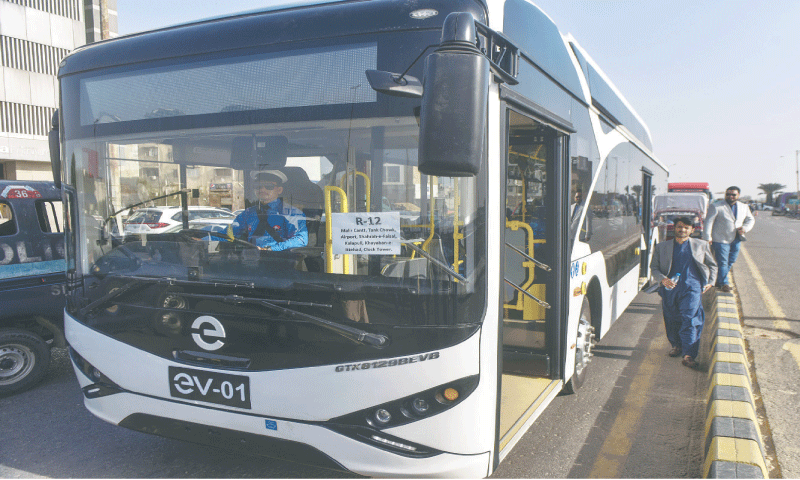TAXILA: Like other parts of the world, the followers of Hinduism and Sikhism celebrated the Rakhi festival with great fervour and traditional zeal at Gurdwara Punja Sahib on Friday.
The festival to mark the love bond between brothers and sisters was celebrated in Hassanabdal after a gap of around two years due to the Covid-19 epidemic. The event was attended by a large number of pilgrims from across the country.
Girls tied Rakhi with prayers for their brothers’ long and healthy lives. Attired in colourful and glittering garbs, the girls and boys from the communities turned up at the temple holding wristbands (Rakhis) to tie them in the wrists of their brothers. They also take part in a function called ‘Arti Utarna’, which is a good wish for brothers.
“Our brothers promise to protect us on this festival every year,” a resident of Chaklala in Rawalpindi, Tara Prasad said, as she sat with her brother Vinod Kumar.
“Every year, scores of Hindu and Sikh devotees, especially from Khyber Pakhtunkhwa and rural Sindh, participate in the event held at the Punja Sahib in Hassanabdal,” he said.
Due to floods, he said, the number of Hindu devotees from rural Sindh remained thin this year.
Inder Singh, a senior Sikh leader, said while tying the Rakhi on the right wrist, the following mantra is recited: “I am tying a Rakhi on you, like the one on mighty demon king Bali.”
In the Raksha Bandhan ritual, a sister ties a ‘sacred’ thread around her brother’s wrist, symbolically expressing her love for him and seeking his protection in return, according to a senior Hindu devotee, Priya Kumari, who came from Kohat, to celebrate the festival with her sons, daughters and grandchildren.
Sardar Satwant Singh, a Sikh community leader, said the origin of the festival was unknown though mythology was replete with stories that talked about the celebration.
“When a sister ties a thread around a brother’s wrist, he will not forget the meaning of the bond and will be looking after her for the rest of his life,” said Dr Rani Devi from Peer Baba town of Buner district of Khyber Pakhtunkhwa.
She said when the ritual starts, a sister steps forwards and applies tilak on the forehead of her brother and then performs arti and finally ties a thread on his wrist. Following this, the brother gives some gift or money to please his sister. If a brother has more than one sister, all sisters tie a thread on his wrist.
Published in Dawn, August 13th, 2022















































Dear visitor, the comments section is undergoing an overhaul and will return soon.